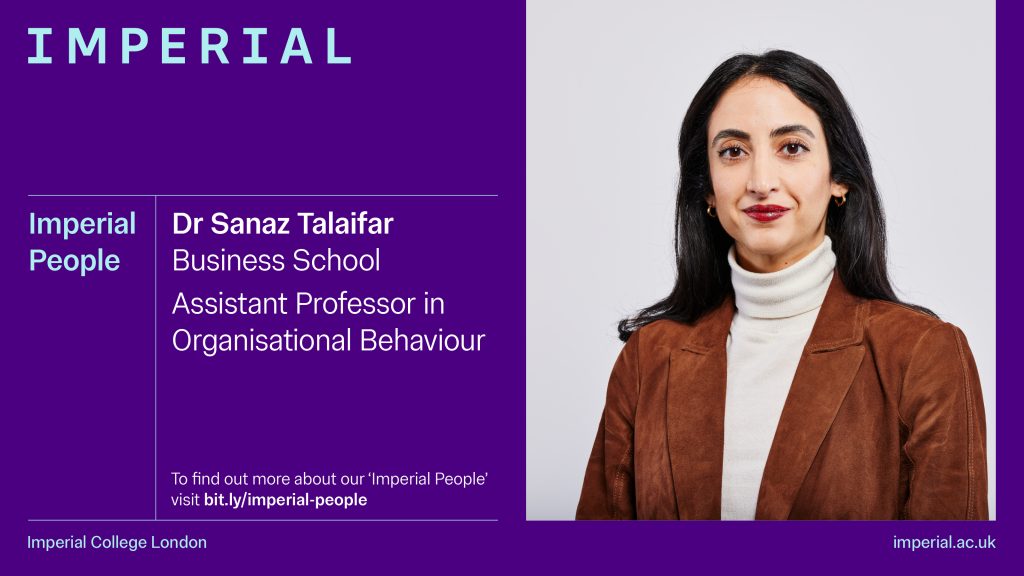“It is always very gratifying when students tell me that what they have learned in my class is helping them directly in their lives and their careers.”
I received my PhD in Social and Personality Psychology from the University of Texas at Austin. Before graduate school, I had been a bit confused about what topic and career to pursue because I was interested in so many different things! I found that many of my interests (identity, personality, wellbeing, politics, technology) were being studied by social and personality psychologists in super fascinating ways, and so by becoming a social-personality psychologist I was able to pursue these diverse interests simultaneously.
After graduating, I became a Postdoctoral Scholar in Organizational Behavior at the Graduate School of Business at Stanford University. My transition to a business school context made sense in many ways. I had done research during my PhD at Google and had worked in the private sector before graduate school. I also gravitated towards research that had real world implications and felt that many of society’s most pressing problems could not be solved without the involvement of business.
I moved to London about a year and a half ago to accept a position as an Assistant Professor in Organisational Behaviour in the Business School here at Imperial. It’s my first faculty position after my postdoc, and I’ve really enjoyed it so far.
In terms of research, I am interested in the intersection of identity, digital technology, and politics. In one project I’m working on right now, I show how data collected from the sensors and logs on people’s smartphones reveals ‘lifestyle polarization’ in the US. In other words, liberals and conservatives engage in different movement, work, and leisure activities at most times of the day and week. In the paper, we discuss how American society may feel divided not only because of deep ideological disagreements, but also because such disagreements are accompanied by distinct lifestyles that prevent liberals and conservatives from developing shared ties and mutual understanding.
